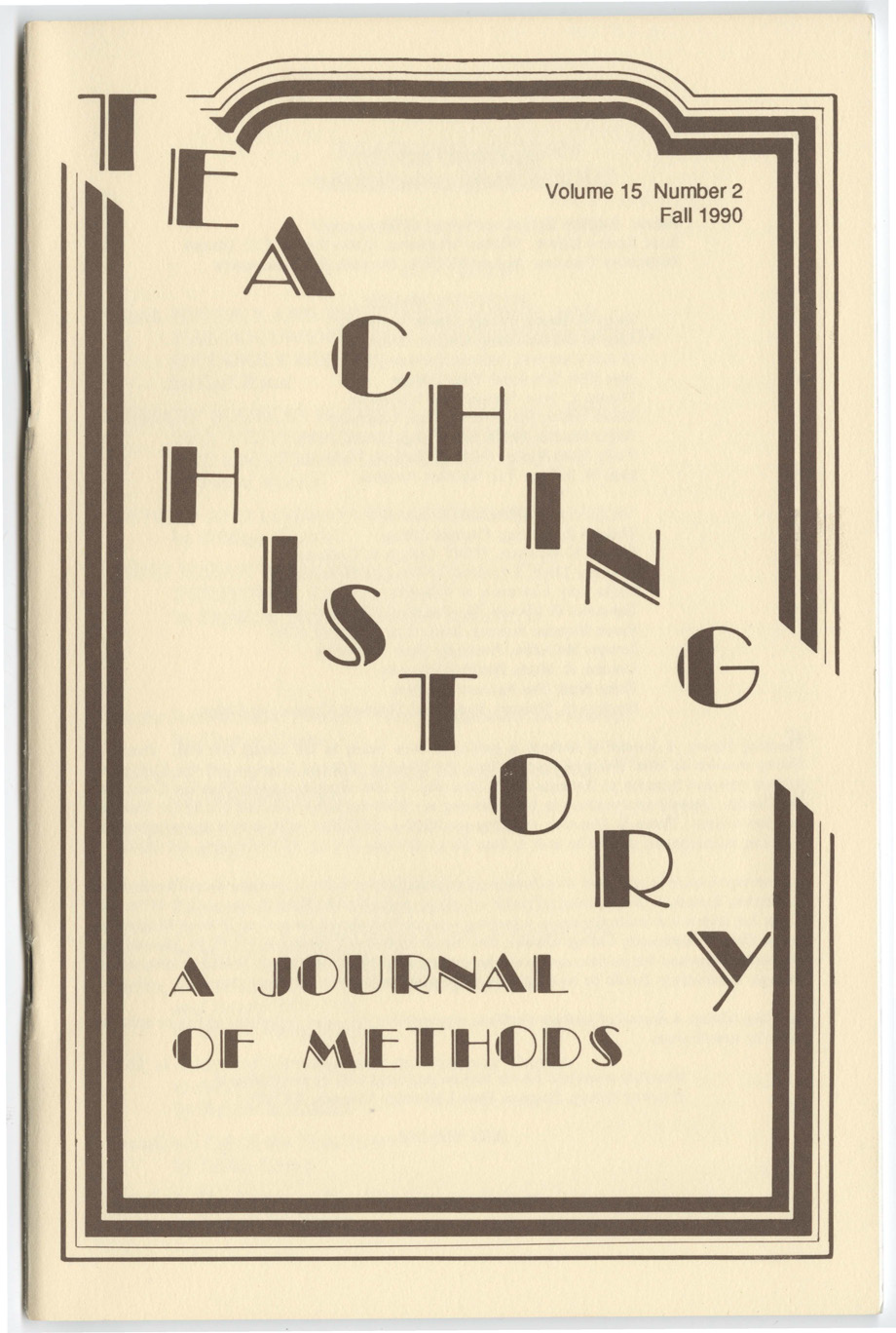History and Literature
A Trial Separation
DOI:
https://doi.org/10.33043/TH.15.2.76Abstract
One of the persistent problems for those who think broadly about history has been that of drawing a line of demarcation describing its common boundary with literature. At first glance, the distinction between literature and history may seem so clear-cut as to be beyond debate. Substitution of the related terms fiction and non-fiction only further bolsters our confidence that we are dealing with an objective and indisputable dichotomy. Philosophers of history know better. However plain the differences discerned between these two modes of writing, one keeps coming back to an inescapable uniformity: Both provide the reader with a rich variety of experience extending beyond the possibilities of any single human life. And if this liberation from self to the potentiality of the species is indeed the spirit that informs literature of all kinds, the philosopher must sooner or later ask himself and others what difference it makes that some of this vicarious existence has actually been lived, and some has not. Or, to put it more succinctly if too simplistically, what does it matter that history is, in some sense, "true"?
Downloads
Downloads
Published
How to Cite
Issue
Section
License
Copyright (c) 1990 William Westfall

This work is licensed under a Creative Commons Attribution-NonCommercial-NoDerivatives 4.0 International License.
By submitting to Teaching History, the author(s) agree to the terms of the Author Agreement. All authors retain copyrights associated with their article or review contributions. Beginning in 2019, all authors agree to make such contributions available under a Creative Commons Attribution-NonCommercial-NoDerivatives 4.0 International license upon publication.



